First off, thank you for the kind words about the last post where I gave some advice on trading for a living. If you missed that feel free to check it out here: “My Advice If You Truly Wish To Trade For A Living” It was by far my most read blog post to date and that is important to me. Not because I care about “clicks” as you will notice I don’t even have ads on my site to monetize. It is important to me because that means there are a good number of people out there that want to take a rigorous approach to trading. That they understand that there are no shortcuts to success, and no Twitter guru or self proclaimed trading phenom with an alert service can take them from zero to hero. That right there separates you from the pack as you respect the market for all of its intricacies.
As promised in the last post I wanted to put together a list of books that I have read along the way that I would highly recommend to anyone who wants a well rounded background in trading / money management principles. I will keep it to a Top 10 list for the time being. These are also in no particular order as I believe each one of them is crucial in contributing to your success.
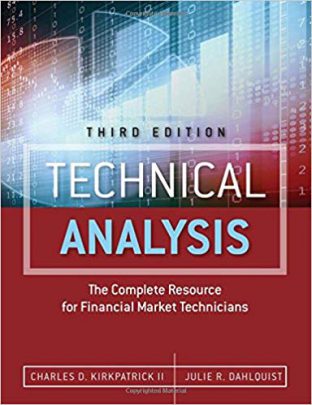
This was my very first technical analysis book. I read this after I put myself through the CFA Level I and it is to thank for my love of technicals in trading and investing. There are a lot of great technical analysis complete resources. Each technician will likely have their own opinion on who they like best. I read all of the other ones too, but this was my favorite.
2. Trading With Intermarket Analysis (John Murphy)
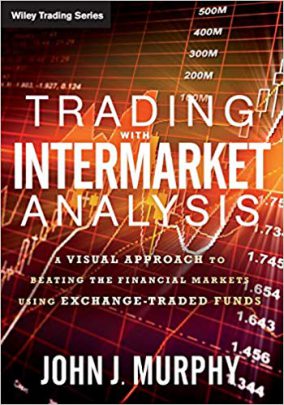
When I think of Intermarket Analysis I think of John Murphy. This is a great book everyone should read. Where other texts fall short in helping the technician to understand intermarket relationships and ratio charts, this book drills home. In a world where markets have become increasingly Global, this is a must read to enhance your understanding of how markets affect one another.
3. Option Pricing And Volatility (Sheldon Natenburg)
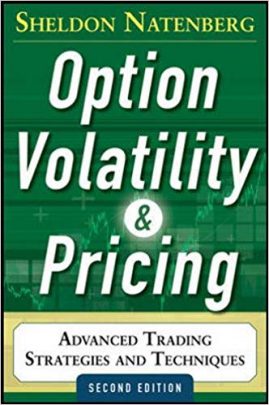
This is the Bible of my trading approach. My own book is beat up, highlighted in, penciled up, and the cover is coming loose. While you may not and probably shouldn’t start as an option trader, understanding them and how they can be used to hedge, manage risk and make levered bets is crucial. This one will take you a while and that is perfectly fine. It will be worth it.
4. The Nature Of Risk (Justin Mamis)
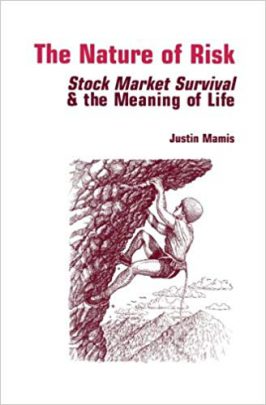
This is the first book that made me understand that our brains are our enemies when it comes to speculation. We are wired at birth in such a way that makes achieving trading or investing extraordinarily difficult. This book shines a light on that and helps to bring awareness to fallacies we otherwise would commit over and over again.
5. Handbook Of The Normal Distribution
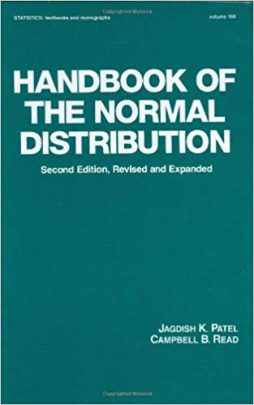
My approach to markets is heavily reliant upon adding a quantitative element to my technical approach. I didn’t want to recommend a college statistics textbook because mine is out of print and I haven’t personally read one in over a decade. You can probably find a good one online used and it will be worth it. To get you started I found some notes online which describes a fundamental concept central to statistics which I write about often: The Normal Distribution.
https://www.stat.wisc.edu/courses/st371-hanlon/notes/chap4-normal.pdf
6. Mind Over Markets (Jim Dalton)
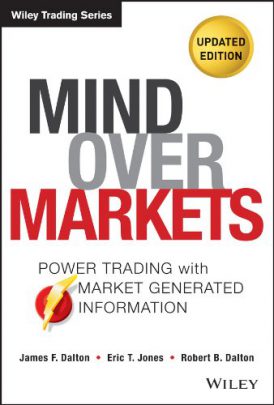
This book is an examination of Market Profile(tm) charting concepts. This is a form of analysis unto itself and its disciples will tell you it’s the only way to trade markets. Auction theory reduces markets to their most simplistic form, supply and demand. Day traders especially futures traders likely have come across this form of analysis and combined it with other technical indicators as a basis for their trading plan.
7. Dynamic Trading (Robert Miner)
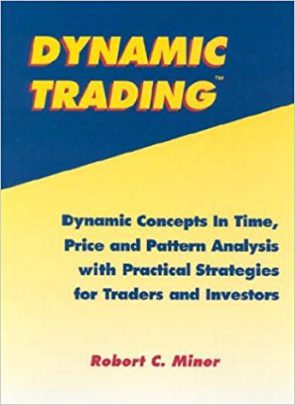
For those interested in Elliott Wave Theory your library won’t be complete until you have this one. It’s the size of a college anatomy book but details the ins and outs of this approach to market sentiment and psychology. Once it takes you through the Elliott groundwork it puts together a full trading plan for you. Highly, highly recommend.
8. Evidence-Based Technical Analysis (David Aronson)
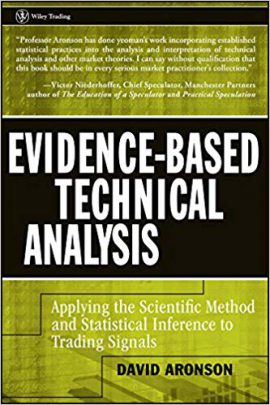
I love technical analysis and I love statistics. This book helped combine the two disciplines into an approach that is both qualitative and quantitative. Opponents of technical analysis (how there still are any I don’t know) always fall back on the subjectivity of it as a method of analyzing markets. Apply the scientific method and some statistical models to it though? Crickets.
9. Trade Mindfully (Gary Dayton)
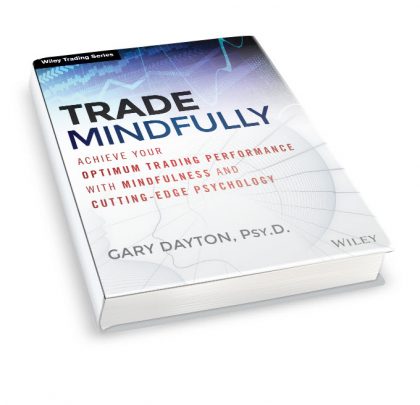
No list would be complete without including a great book on the psychology that affects each one of us when engaging in highly emotional decision making. If you don’t know what I mean by that you haven’t traded your own money in the futures market. How do you react when you see yourself making $5000 in a day? Losing $5000 in a day? How do those two outcomes affect how you trade the following day? This book is my sole recommendation when it comes to arming yourself with the proper mindset to succeed in a game where the odds are stacked against you in more ways than one.
10. Reminiscences Of A Stock Operator (Edwin Lefevre)

I am going to assume you have read this, (maybe more than once) so I won’t say much about it other than my biggest personal takeaway. No amount of money can make a person truly happy. If you added 3 or 4 zeroes to the end of that account balance overnight how much happier would that make you? Sure you might be thrilled for a short period of time but that elation will always subside leaving you more or less at a base level of happiness. If you always keep that fact at the back of your mind, it will keep you out of harms way in trading and investing.
I think that makes for a pretty good list of books that I would recommend to someone looking to make a go at trading or managing money. I want to add that no book or list of books is a substitute for the real thing. You will learn more by doing than by reading. Penning a book about trading or markets or flying around and giving presentations doesn’t mean you can trade.
Put in the thousands of hours of screen time, go over your past trades, and make adjustments when needed. If a pro were to do that and write a book about it, that would be #1 on my list.
Trent J. Smalley, CMT
